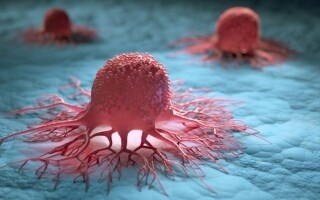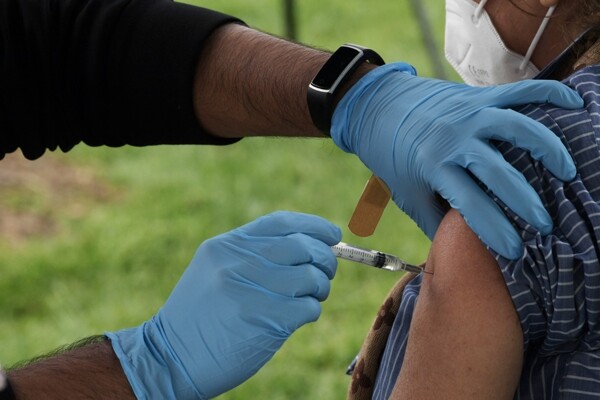
Researchers from NYU Langone Health and the Perlmutter Cancer Center presented data demonstrating that a unique mutation in DNA instructions for a specific protein can lead to the transition of cells from normal to cancerous. These mutations, while potentially harmful, often closely resemble their normal versions, making them usable for targeted therapies, but they are unlikely to affect normal cells.
To combat the altered version of the HER2 protein (which plays an important role in regulating cell growth and division) and the reduced expression compared to the normal version in normal cells, researchers developed a biological preparation. The researchers used contemporary methods for engineering the protein to create antibodies specifically directed only at the mutated HER2.
Shokhi Kiudi, a professor of biochemistry and molecular pharmacology at New York University, noted: "We were able to create an antibody that recognizes one alteration out of 600 structural blocks in the HER2 protein, which is a significant achievement." The modified antibody was developed for use as a dual-purpose reagent with T-cells.
This method not only reduced tumor growth in affected mice but also did not cause weight loss or the appearance of pathological symptoms, indicating a minimal number of side effects from the treatment. However, Kiudi cautioned that differences between mouse proteins and human ones may influence treatment outcomes, necessitating further research to confirm the effectiveness in humans.














